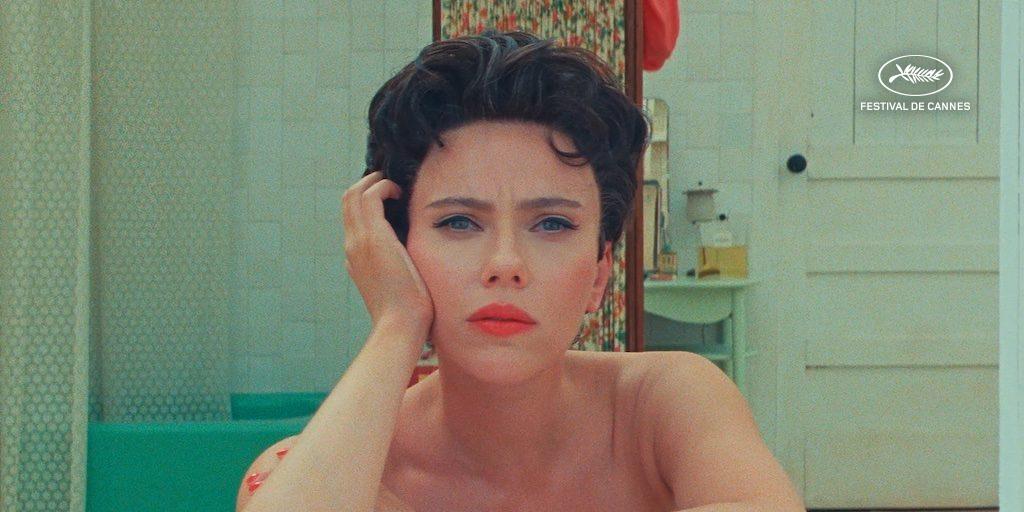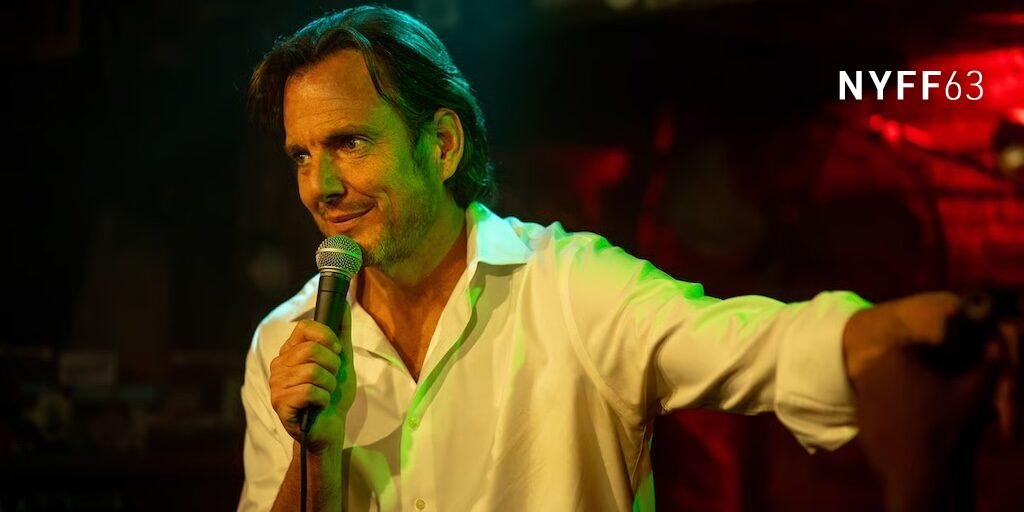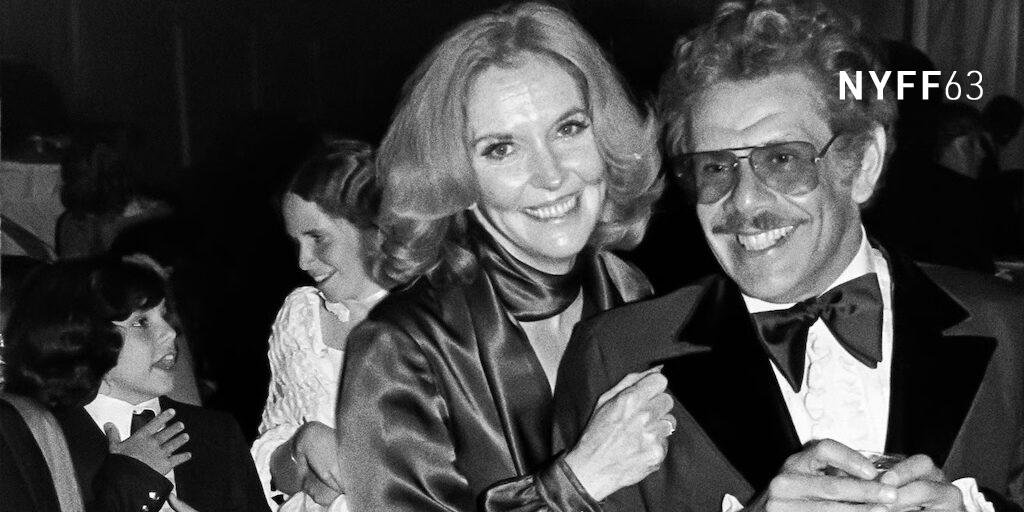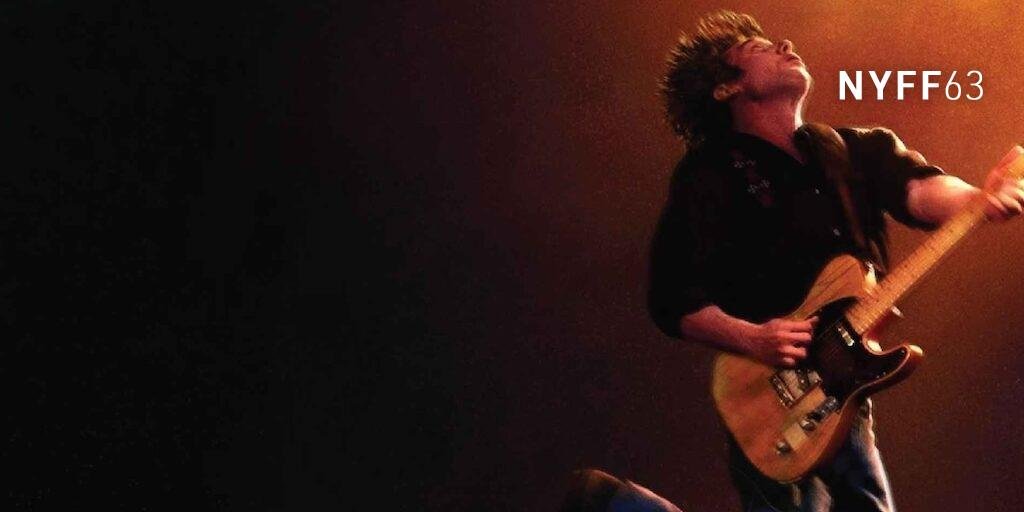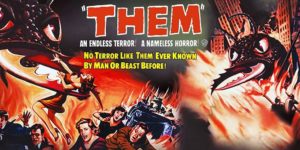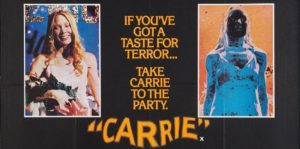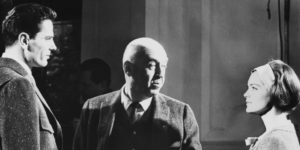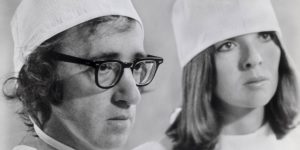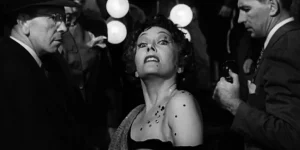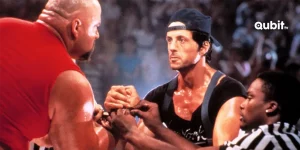Many of us are not that much into the cinema of Wes Anderson. I confess to have found myself losing interest in any attempt of following his work after early entries in his career such as Bottle Rocket and the excellent ––and countlessly seen–– Rushmore. “Fresh” innovative comedies where what is rational unfolds into what Anderson turned into something unpredictable, beyond any reason and logic. We empathized with his characters and wished for them to result victorious despite the adversities: from being a failure, as was the case of Rushmore College student Max Fischer, down to fighting unceasingly with Bill Murray (in his top performing shape) for the unrequited love of a woman, his teacher. A hint from The Graduate.
Starting with Rushmore, something came up that was not present in Bottle Rocket which is the theatricality of his films. Rushmore was presented as a division in episodes by way of curtains and culminated with a school play laid out by handcraft and the inclusion of redundantly symmetrical scenes. A concept that Anderson started to repeat over and over again tirelessly, and adding ensemble casts into that.
Nowadays, when an Anderson film is announced we already know that his poster will include, as if were the unrolling of a papyrus scroll, an endless list of names (actors) associated to the project; many of them recurring and others that join the ensemble with each new project. In fact, Anderson ends up minimizing the skills of many of them to turn them into chess pieces within his own world. Something we can also associate to the world of Tim Burton, another filmmaker in a constant downfall.
As its title points out, Asteroid City is a city that became a tourist attraction due to a crater originated many thousand years ago by the fall of a meteorite. This gave way to the creation of a handcrafted environment in which residences, restaurants, gas stations and even a research center all coexist presented with a style that is way too kitsch and, in true Anderson style, full with pastel colors and meticulous designs close to pop culture.
Asteroid City takes place in the 1950’s in a desert southwest region of America, the star-studded cast is conformed by Jason Schwartzman, Scarlett Johansson, Edward Norton, Bryan Cranston, Jeff Goldblum, Steve Carell, Tilda Swinton, Matt Dillon, Hope Davis, Jeffrey Wright, Liev Schreiber and the notorious absence of Bill Murray, apparently replaced and even personified in the figure of Tom Hanks. Schwartzman portrays Augie Steenbeck, photographer and father of several children, who recently became a widow and did not communicate the fact to his family. They are all on route to visit Stanley (Tom Hanks), his father-in-law. Simultaneously, an event is about to take place in Asteroid City that gathers children who are inventors, reason why two new groups are conformed after an unexpected quarantine takes place: on one hand, the gathering of these child prodigies, and on the other hand, the gathering of their parents. Nuclear tests also take place nearby Asteroid City that only serve the story for going from one state into another, or to cut dialogues and gags (of which neither are effective) throughout the film.
Asteroid City also presents the notion of a film within a film. It starts with an audiovisual narration delivered by a presenter, portrayed by Bryan Cranston, and the writer of the such film (Edward Norton), dividing what happens in Asteroid City into episodes as if was some sort of soap opera. The above mentioned actors break the fourth wall and get out of the scene to discuss issues with the writer that not only affect the film they are narrating, but this movie as a whole.
On these moments I imagine an actor from this huge ensemble coming out of the scene and doing the same thing to Wes Anderson, abstracting him from his own universe-film for a minute and make him come back, once and for all, to his early efforts.
![]()
Director: Wes Anderson. Screenwriters: Wes Anderson, Roman Coppola. Cast: Jason Schwartzman, Scarlett Johansson, Tom Hanks, Jeff Goldblum, Steve Carell, Jeffrey Wright, Tilda Swinton, Edward Norton, Adrien Brody, Liev Schreiber, Hope Davis, Maya Hawke, Matt Dillon, Willem Dafoe, Margot Robbie. Producers: Wes Anderson, Jeremy Dawson, Steven Rales. Running Time: 104 minutes.

